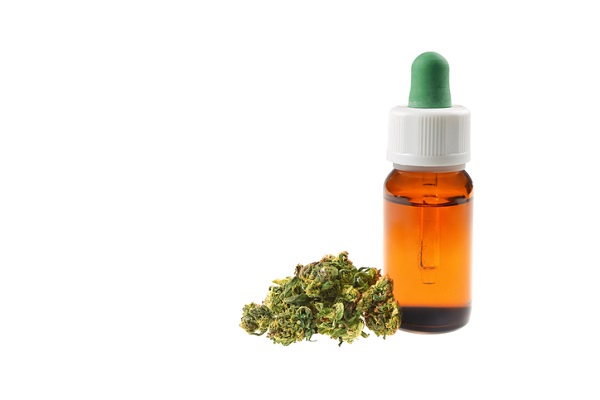As the clamor for legalized recreational use of cannabis gathers pace, important developments in the medicinal use of the drug have also taken place. The US looks set to approve cannabis-based medicine for some treatment of epilepsy—a common neurological disorder which causes unpredictable seizures and other health problems.
The move is being widely welcomed, but such treatment isn’t without its drawbacks. Concerns about numerous side effects have been considered. However, given that 42 Canadians learn they have the disorder every day, the benefits of these medical advances could be very important. Let’s take a closer look at why this could be such a significant medical breakthrough.
The Science Behind Using Cannabis to Tackle Epilepsy Symptoms
Over 100 different types of cannabinoid are found in cannabis, and some have better medical benefits than others. Epilepsy treatment focuses specifically on the potential of Cannabidiol (CBD oil), a non-psychoactive chemical in the plant. It doesn’t contain a significant amount of tetrahydrocannabinol (THC), which is the chemical that produces the ‘high’ sought frequently during recreational use.
CBD has been widely credited with reducing seizures among patients, because it shuts down excess electric and chemical activity in the brain. A 2015 US-based study experimented with use of the oil and found a 36.5 per cent average reduction in motor seizures among patients, while two per cent became completely seizure-free. Those in medical cannabis training should note that CBD oil can be legal in Canada if THC content is below 0.3 percent. Approval for specific cannabis-based medicine is rare, however, but recent developments suggest that could change.
Students in Medical Cannabis Certification Training May See New Developments
A 13-member panel within America’s Food and Drug Administration (FDA) has recommended the approval of a cannabis-based oral solution, Epidiolex, for children with two rare forms of epilepsy: Lennox-Gastaut syndrome and Dravet syndrome. FDA regulators are likely to back the recommendation in June, making it the first drug from the cannabis plant to gain federal US approval.
Despite the limitations placed on the drug’s use, doctors would also have the option of prescribing it for other uses. The estimated price of the drug is being put at $25,000 per year. If seen as a success, it could well spur on similar approval for CBD-based medication in Canada.

Epidiolex looks set to help children with rare forms of epilepsy
The Side Effects and Uncertainty Surrounding Cannabis Use for Epilepsy
During its comments on Epidiolex, the FDA discussed the potential impact of the medicine on the liver, which metabolizes drugs and detoxifies chemicals. It was concluded that the drug didn’t lead to any cases of severe injury of the organ. However, professionals with medical cannabis certification training should note that chronic liver injury is seen as a possibility.
It is important for professionals and authorities to thoroughly analyze the possible side effects of CBD oil products. Sleepiness, diarrhea, and fatigue have been reported during experiments on epilepsy patients. There are also concerns about a possible placebo effect, which is an especially strong trend with cannabis-based tests. These are seen as largely insignificant, however, considering the dramatic reduction in seizures noted in recent studies.
Medical cannabis courses in Canada can help you develop the necessary skills for a career in this growing industry.
Find out why AAPS has the right course for you.




